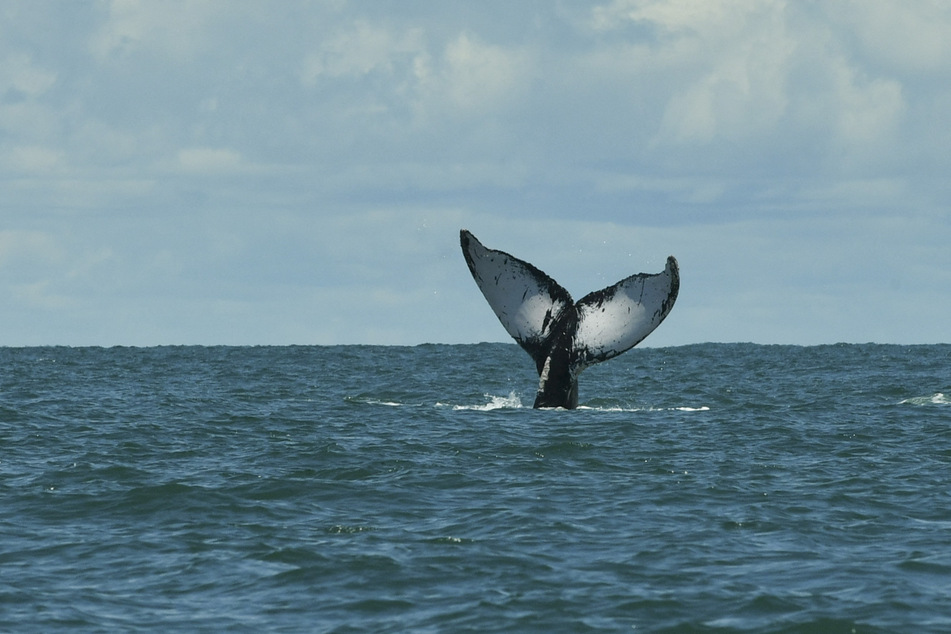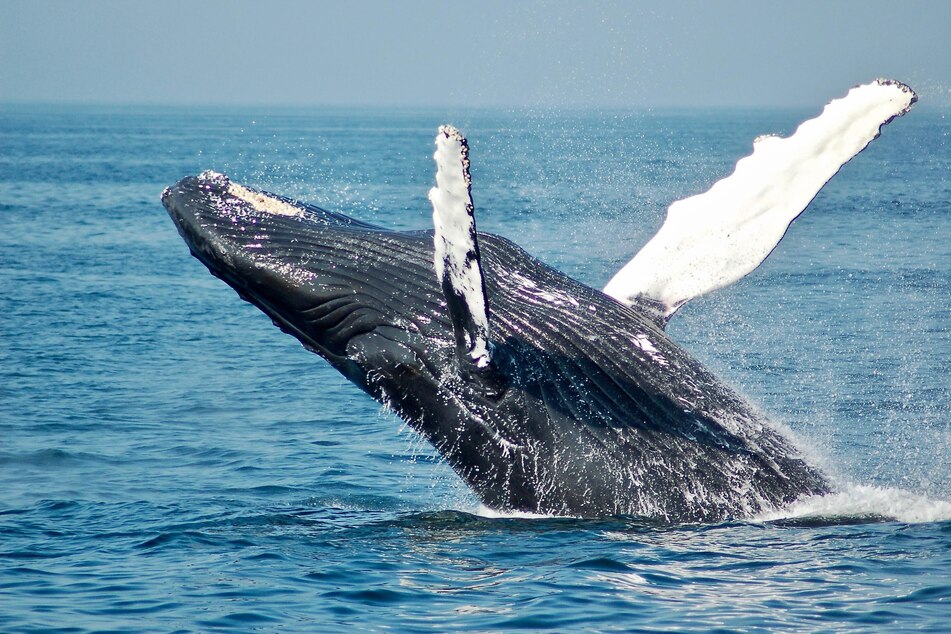Saving the whales may be a powerful weapon against climate change!
Scientists find that whales could be key allies in the fight against climate change. Protecting these huge animals could help capture and store carbon dioxide from the atmosphere.

When it comes to slowing global warming, capturing and storing greenhouse gases like carbon dioxide (CO2) is key.
Usually when we talk about trying to pull CO2 from the atmosphere, it's all about restoring wetlands and planting trees. This process, per The Independent, is called carbon sequestration, but trees and plants aren't the only things that store CO2.
Animals also store the green house gases.
In a recent paper published in the journal Trends in Ecology and Evolution, scientists have found that by simply being, whales, the world's largest animals, may potentially contribute to overall reduction of CO2 in the atmosphere.
Scientists lobby to protect whales

Researchers say that protecting these mammals may help make the ocean a more effective carbon sink.
Per National Geographic, a carbon sink is anything that absorbs more carbon than it releases.
The world's oceans are one of the most important carbon sinks in the world. They have absorbed about one-fifth of human-caused carbon emissions over the last decade.
Whales, the ocean's largest mammals, may be the largest living "carbon sinks" on the planet. By simply being, eating, and producing waste, the animals have a positive effect on the ocean and climate change.
"The [whales] size and longevity allow great whales to exert strong effects on the carbon cycle by storing carbon more effectively than small animals, ingesting extreme quantities of prey, and producing large volumes of waste products," the research team said, per the Independent.
Blue whales, for example, can eat up to four tons of plankton, krill, and other tiny crustaceans every day. Plankton and krill feed on whales' excrement.
Before whale hunting decimated their population, Scientist Alert reports that the giant mammals took some two million tons of carbon dioxide out of the atmosphere each year.
That's why scientists say protecting whale populations is important, not just because they are carbon sinks in themselves but also because they help the ocean absorb more carbon.
Cover photo: JOAQUIN SARMIENTO / AFP

